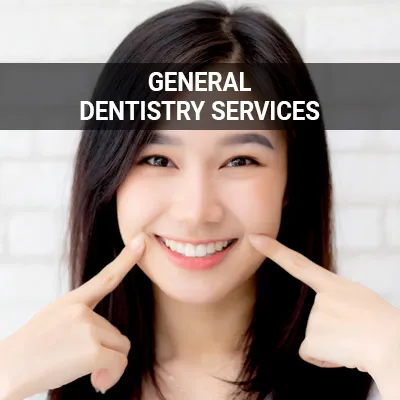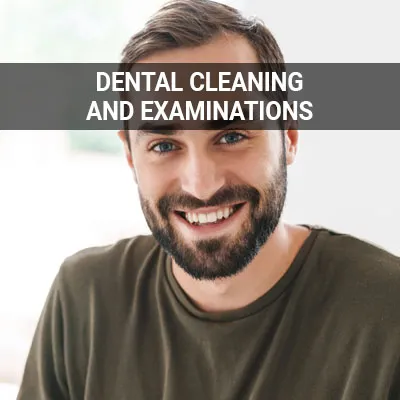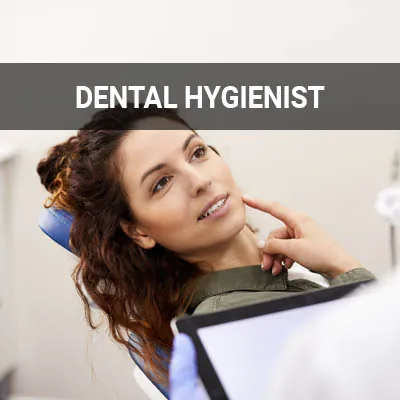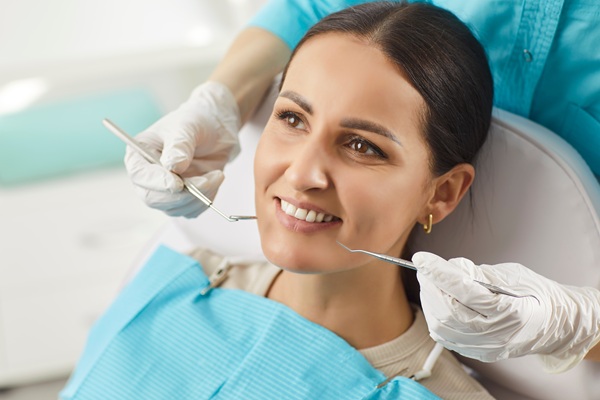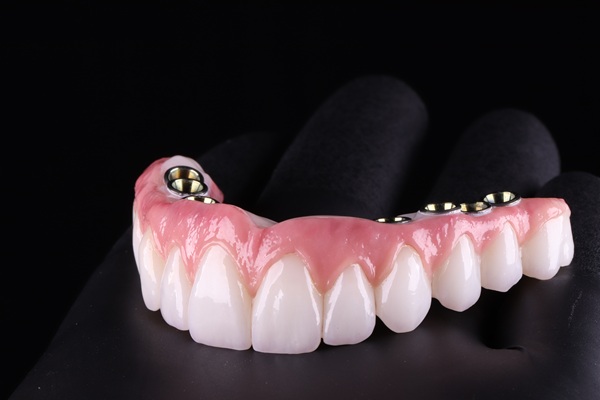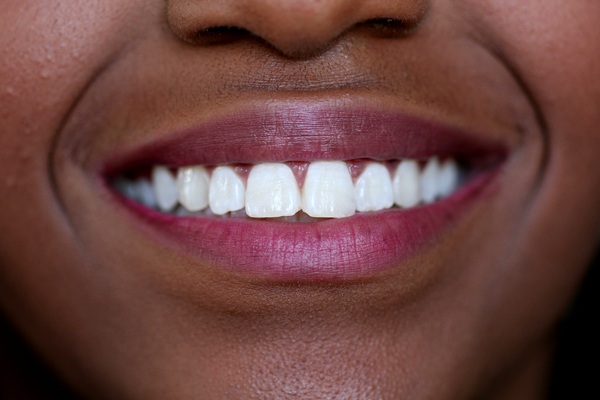Routine Dental Care Dumont, NJ
Routine dental care promotes good oral hygiene and benefits your overall health. Routine dental care refers to everything you do to take care of your teeth and gums, such as brushing and flossing at home and regular exams and cleanings at the dentist's office.
Dental care is available at Dumont Family Dental in Dumont and the surrounding area. Do not neglect your oral health. Contact us at (201) 374-7202 to schedule an appointment.
The Importance of Routine Dental Care
The lifelong practice of good oral hygiene can also reduce the chances of tooth loss. Periodontal disease, also called gum disease, is the most common cause of tooth loss in adults. Just a few minutes of routine oral care every day can help prevent gum disease and keep teeth healthy and strong.
Problems in the mouth can affect the health of other areas in the body. The mouth is full of bacteria. Most of these bacteria are harmless, but some can cause disease. Good dental hygiene habits, such as brushing and flossing regularly, can keep these bacteria under control. Without proper dental care, however, these bacteria can cause infections, which allow them to enter the bloodstream and cause damage to other parts of the body.
“Periodontal disease, also called gum disease, is the most common cause of tooth loss in adults.”
Scheduling Dental Care
According to the American Dental Association (ADA), in 2014, only 15.4% of U.S. adults reported visiting the dentist every six months once per year — despite the overwhelming amount of evidence that dental health is integral to overall health. As such, it is essential that patients make room for dental care in their schedules whenever possible.
Before leaving the dentist's office, make sure to schedule another appointment in six months. Scheduling the next dental exam in advance will help ensure that exams and cleanings occur twice a year as recommended. If a patient needs more frequent appointments or additional treatments, the dental staff will help schedule them.
“Periodontal disease, also called gum disease, is the most common cause of tooth loss in adults.”
At-Home Dental Care
Good oral care starts at home. Teeth should be brushed and flossed regularly, and cavity-causing sugar should be limited or avoided entirely.
Brush
Teeth should be brushed at least twice a day with a soft-bristled, American Dental Association-approved toothbrush and fluoride toothpaste. Approved products include, but are not limited to, Arm & Hammer™ Dental Care Toothpaste, Colgate® Cavity Protection Fluoride Toothpaste & Gel, and Crest™ Cavity Protection Cool Mint Gel & Paste.
Spend at least two minutes brushing. Do not rush. Spend 30 seconds on each quadrant of the mouth. Make sure to clean the surface of the teeth as well as the area where the teeth meet the gums.
Gently brush in circular motions. Do not brush too hard or use hard bristles, which can damage the gums.
Floss
A toothbrush cannot reach the tight spaces between the teeth and gums. Floss at least once a day to remove bacteria and food particles from these areas. A dental pick, pre-threaded flosser, or water flosser may be a better option for those who have difficulty using floss.
“Teeth should be brushed and flossed regularly, and cavity-causing sugar should be limited or avoided entirely.”
Check out what others are saying about our dental services on Yelp: Routine Dental Care in Dumont, NJ
Dental Care for Unique Smile Needs
In some cases, additional care that goes beyond regular dental checkups and routine brushing and flossing may be necessary. Our dental team will discuss these needs and provide guidance.
Scaling and Root Planing
The dentist may recommend scaling and root planing to treat gingivitis and other forms of gum disease. While this procedure is similar to the scaling the hygienist performs on teeth during a regular checkup, the focus is not only on the surface of the teeth around the gums but also underneath the gums. Scaling and root planing goes beneath the gumline to remove buildup. In some cases, a patient may be referred to another dental professional for this procedure.
Smile Makeovers
If a patient has crooked teeth, gaps between the teeth, or other aesthetic concerns, these can be treated with cosmetic dentistry procedures. In some cases, smile imperfections that seem like only cosmetic issues have implications for oral health as well. Always speak with our dentist about any concerns. They will provide further guidance and, if necessary, help with a referral to another health professional.
“In some cases, additional care that goes beyond regular dental checkups and routine brushing and flossing may be necessary.”
Questions Answered on This Page
Q. Beyond regular checkups, what additional procedures might a dentist recommend?
Q. Why is dental care so important?
Q. Why is it important to schedule dental visits in advance?
Q. What steps should I take to care for my dental health at home?
People Also Ask
Q. How often should someone have a dental checkup?
Q. Why does the dentist use fluoride mouthwash in the cleaning?
Q. How can a person's diet help with tooth decay?
Q. Am I at high risk for developing oral cancer?
FAQs
Q. How often should I go to the dentist?
A. See your dentist every six months for routine exams and cleanings. If you need special treatment, such as fillings, you may need additional appointments.
Q. How do I know if I have dental insurance?
A. Dental insurance is typically separate from regular health insurance. If you have insurance through your employer, check to see if dental insurance is included. If you are not sure, contact your HR department. If you have a health plan from the health insurance marketplace, it will not include dental insurance. You must pay for a separate dental plan.
Q. What is covered under my dental insurance?
A. Most dental insurance plans cover routine exams and cleanings, as well as X-rays. Services like fillings and extractions may be covered at a certain percentage. However, you may have to first meet your deductible. Contact your insurance plan to find out the specifics about your coverage.
Q. Can I use FSA or HSA funds to pay for dental care?
A. Yes, funds in a flexible spending account (FSA) or health savings account (HSA) can often be used for dental care. Check your plan to make sure. Elective procedures, such as teeth whitening, may not be included.
Q. What are some early signs of dental problems?
A. It can sometimes be difficult to determine what is or is not a dental problem. However, there are a few telltale signs of dental issues that require professional attention. These include:
If you are experiencing one or more of these symptoms, get checked out right away to prevent more serious issues and infections.
Dental Terminology
Call Us Today
Our dental team is here to provide exceptional dental care that meets the needs of a variety of patients. To schedule a dental checkup or exam, patients may call our office to request an appointment. Request an appointment with our dentist at Dumont Family Dental by calling our office at 201-374-7202 today!
Helpful Related Links
- American Dental Association (ADA). Glossary of Dental Clinical Terms. 2024
- American Academy of Cosmetic Dentistry® (AACD). Home Page. 2024
- WebMD. WebMD’s Oral Care Guide. 2024
About our business, and website security
- Dumont Family Dental was established in 1973.
- We accept the following payment methods: American Express, Cash, Check, Discover, MasterCard, and Visa
- We serve patients from the following counties: Bergen County
- We serve patients from the following cities: Dumont, New Milford, Bergenfield, Tenafly, Cresskill, Demarest, Haworth, Hackensack, Englewood, Teaneck, River Edge, and Paramus
- National Provider Identifier Database (1689734162). View NPI Registry Information
- Norton Safe Web. View Details
- Trend Micro Site Safety Center. View Details
Back to top of Routine Dental Care



